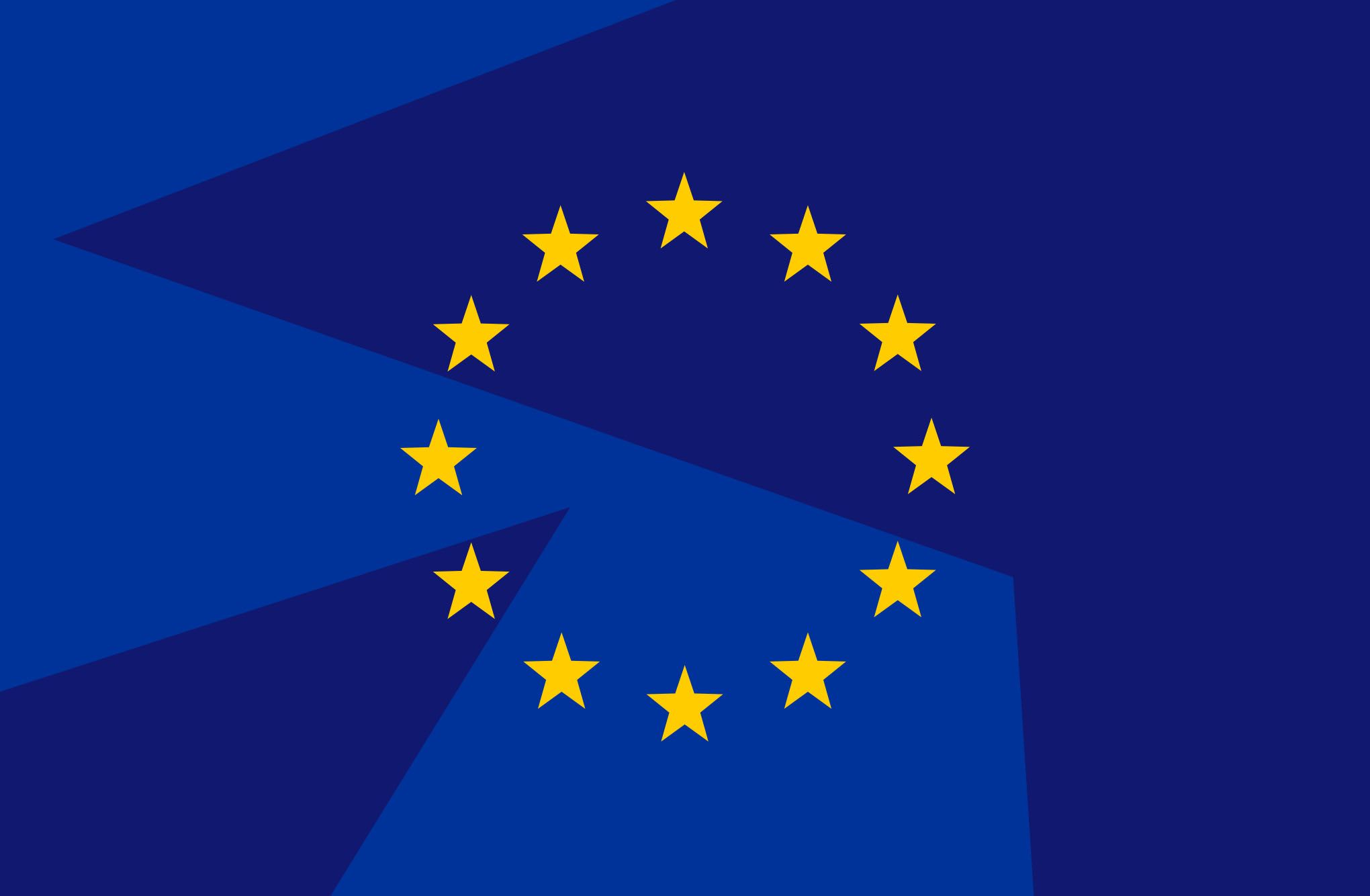The European Union just escalated its crackdown on Big Tech's handling of online fraud. EU regulators are formally demanding information from Apple, Google, Microsoft, and Booking Holdings about their efforts to combat financial scams on their platforms under the Digital Services Act. The move could trigger official investigations carrying fines up to 6% of global revenue - potentially billions in penalties.
Brussels just put Silicon Valley's biggest players on notice. The European Union's tech regulators are demanding detailed information from Apple, Google, Microsoft, and Booking Holdings about how they're fighting the surge in online financial fraud that's plaguing their platforms.
The formal information requests, issued under the Digital Services Act, represent the EU's most direct challenge yet to how tech giants police scams on their services. According to The Financial Times, regulators want detailed responses on anti-fraud measures from all four companies within weeks.
"We see that more and more criminal actions are taking place online," EU tech chief Henna Virkkunen told the publication. "We have to make sure that online platforms really take all their efforts to detect and prevent that kind of illegal content."
The scope of the investigation reveals just how widespread the problem has become. EU regulators will scrutinize how Apple and Google handle fraudulent banking apps that slip through their app store review processes, often mimicking legitimate financial institutions to steal user credentials and funds. Meanwhile, both Google and Microsoft face questions about fake search results that direct users to scam websites designed to look like trusted services.
Booking Holdings, the only European company in the crosshairs, will face examination over fake accommodation listings on its travel platforms including Booking.com. The Dutch company has struggled with fraudulent property listings that collect payments for non-existent rentals, leaving travelers stranded without recourse.
The timing isn't coincidental. Online fraud has exploded across Europe as scammers have gotten more sophisticated, using AI-generated content and deepfake technology to create convincing fake apps and websites. Financial regulators across EU member states have reported sharp increases in digital fraud complaints, particularly targeting elderly users and those less familiar with digital security practices.
